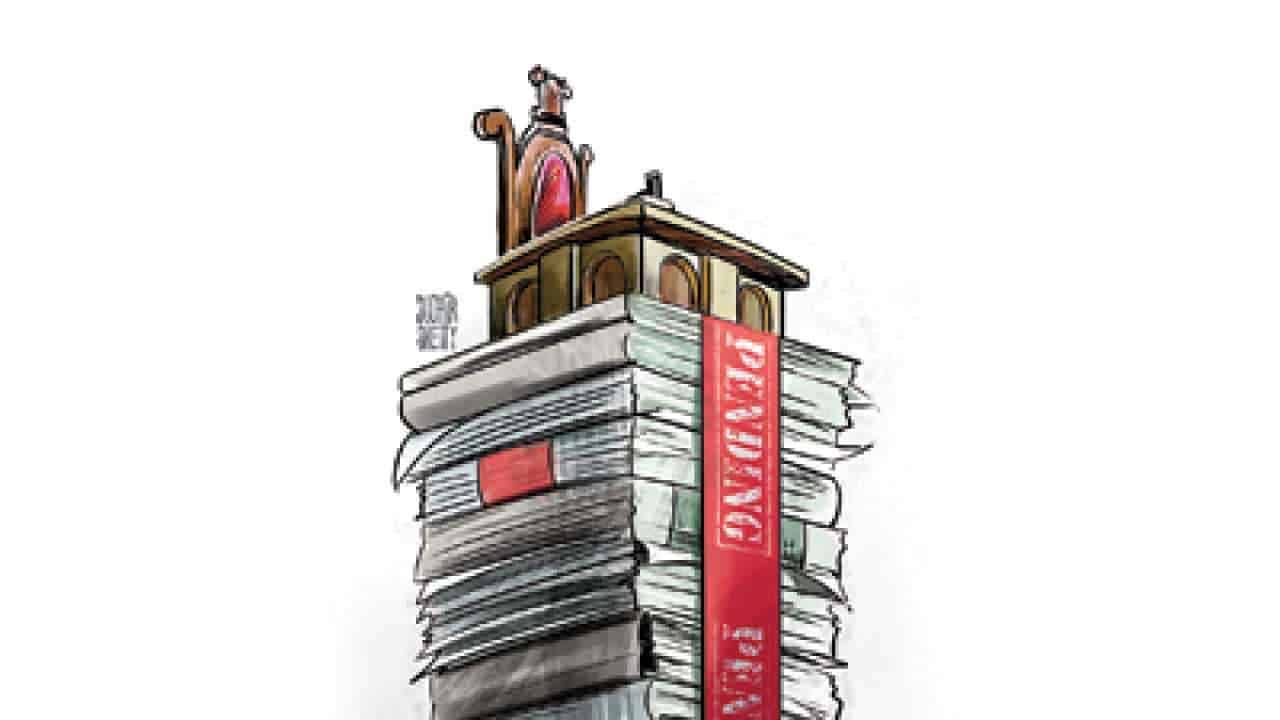The Kerala High Court recently held that a ‘customer’ in a brothel can be proceeded against criminally under Section 7 of the Immoral Traffic (Prevention) Act, 1956 (Act) as immoral traffic or sexual exploitation cannot be perpetrated or carried on without a customer [Mathew v State of Kerala].
Justice Bechu Kurian Thomas held that a ‘customer’ would come under the purview of a ‘person with whom the prostitution is carried on’ under Section 7(1) of the Act as sexual exploitation cannot be done singularly.
“The meaning to be ascribed to the words the “person with whom such prostitution is carried on” is significant for this case. Those words will have to be read in conjunction with the definition of the word prostitution. The term prostitution is defined as the sexual exploitation or abuse of persons for commercial purposes. Sexual exploitation cannot be done singularly. The person engaged in the act of exploitation is also a person who falls within the term ‘persons with whom such prostitution is carried on’. In other words, the person who exploits or abuses the prostitute is the person with whom the prostitute carries on prostitution. Thus, immoral traffic cannot be perpetrated or carried on without a ‘customer’. By using the words ‘person with whom the prostitution is carried on in section 7(1) of the Act, I am of the considered view that the legislature has intended the customer also to be brought within the purview of the penal provisions,” the Court said.
The Court was considering a case filed by a person charged under the Sections 3 (punishment for keeping a brothel or allowing premises to be used as a brothel), 4 (punishment for living on the earnings of prostitution), and 7 (Prostitution in or in the vicinity of public places) of the Act.
The prosecution case was that a building conducting prostitution was running under the cover of the ayurvedic hospital along with two women carrying on prostitution. It was further alleged that on December 15, 2004, the Investigating Officer found the petitioner engaged in a sexual act with the two prostitutes after paying ₹500. He, was thus booked for offences under Sections 3, 4, and 7 of the Act.
The petitioner, however, denied this and contended that he had approached the Ayurvedic Hospital for treatment of his back pain and the doctor on duty had prescribed oil massage for a period of thirty days.
The petitioner further contended that while he was undergoing treatment, the police officers came to the hospital and arrested him and the other two women, who were nurses employed at the hospital.
Pertinently, the petitioner submitted that even if for argument’s sake, the allegations are assumed to be true, he being only a customer, cannot be proceeded against, as the statute does not contemplate prosecuting a customer.
The Court, however, noted that a customer falls under the words ‘person with whom such prostitution is carried on’ as appearing in Section 7(1) of the Act and, therefore, dismissed the petition.
“In this context, the purpose of the statute cannot be ignored. The Act is intended to be a deterrent against and prevent immoral traffic. In the absence of the customer falling within the penal umbrella of the statute, the objects of the enactment can never be achieved. Thus, in my considered opinion, the words ‘person with whom such prostitution is carried on’ as appearing in section 7(1) of the Act will include a ‘customer’,” the court observed.
Source Link




